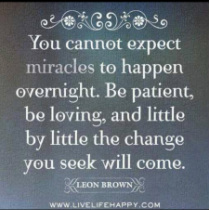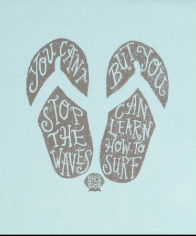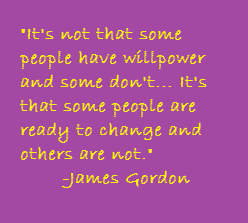
This morning we discussed some coping behaviors that we can use when experiencing cravings. It is important to be mindful of when we are using these coping mechanisms so we can see that they are working in helping us stay sober. Pick out a few coping strategies that resonate with you, and focus on the application of these tools. Counseling and treatment give you tools to stay sober, but it is the application of those tools that will keep you sober.
* Work the material The more you use the tools/material you are given, practice, and participate, the quicker the healing.
- Integrate the split self
- Expect growth to feel uncomfortable
- Replace destructive activities
- Pretend you like yourself
- Focus on now
- Praise yourself
- Observe repeating patterns
- Self-nurture
- Practice delay
- Let go of destructive relationships
- Take responsibility
- Set a deadline
- Make a commitment
- Rethink
Handout adopted from: Seeking Safety by Lisa Najavits


 RSS Feed
RSS Feed